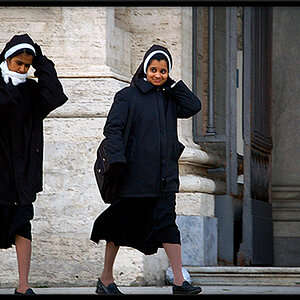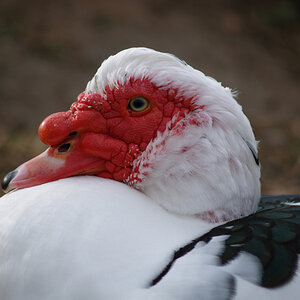canuckythe
TPF Noob!
- Joined
- Oct 15, 2012
- Messages
- 3
- Reaction score
- 0
- Can others edit my Photos
- Photos NOT OK to edit
Hey all I'm a super newbie and I'm determined to learn how to take nice pictures. Anyway onto my main point/concern:
I currently have a powershot S3 IS and I have no clue about it. How good of a camera is it (Says it's 6 megapixel and that's it)? What kind of a camera is it? Do I need any other equipment such as extra lenses or whatnot?
Also this thing takes 4 AA batteries. Neither the camera nor the manual told me how much mAh is required for the batteries, but it did talk about batteries in camera accessories and suggested 2500mAh. I was curious as to what are some good batteries for it. I hear eneloops are great rechargeables but I wonder if the 2000mAh is enough. Eneloop xx seems a lot more expensive and only 500 charges, plus they get lower to about 75% of original power after a year... Any suggestions?
Thanks to all those that may be able to help!
I currently have a powershot S3 IS and I have no clue about it. How good of a camera is it (Says it's 6 megapixel and that's it)? What kind of a camera is it? Do I need any other equipment such as extra lenses or whatnot?
Also this thing takes 4 AA batteries. Neither the camera nor the manual told me how much mAh is required for the batteries, but it did talk about batteries in camera accessories and suggested 2500mAh. I was curious as to what are some good batteries for it. I hear eneloops are great rechargeables but I wonder if the 2000mAh is enough. Eneloop xx seems a lot more expensive and only 500 charges, plus they get lower to about 75% of original power after a year... Any suggestions?
Thanks to all those that may be able to help!


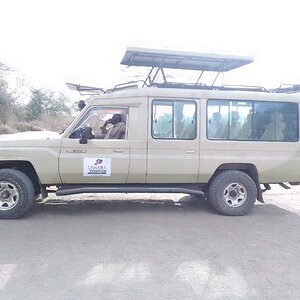
![[No title]](/data/xfmg/thumbnail/37/37633-94737d4436dff45b827dcc332ff7fba9.jpg?1619738156)
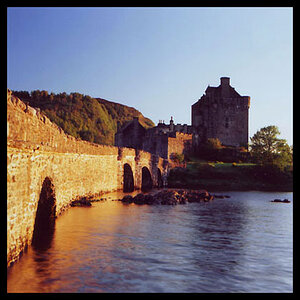
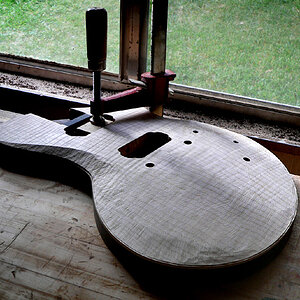
![[No title]](/data/xfmg/thumbnail/36/36392-ee7dc51c9be334b9979003f6316db12e.jpg?1619737547)
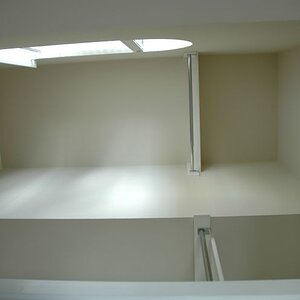

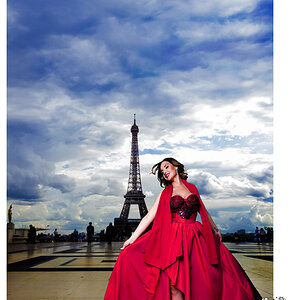

![[No title]](/data/xfmg/thumbnail/37/37634-504722605a418b398f3cd1dbabf936e5.jpg?1619738156)
